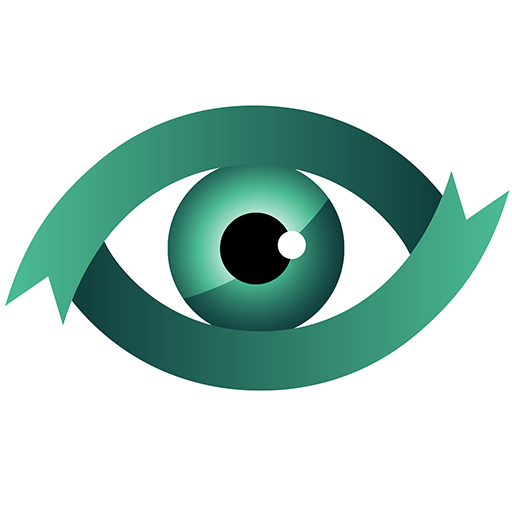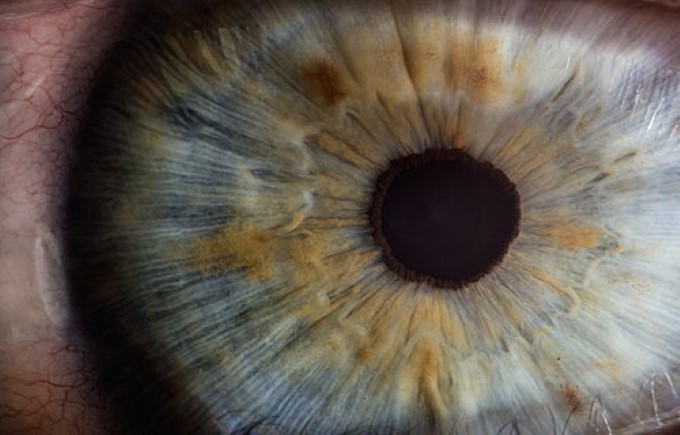3 Common Eye Diseases and How They Affect Your Eyes
Our eyes are not immune to diseases, and there a lot of common eye diseases to be aware of. Be sure to get regular eye exams and routine checks, even if you do not detect any symptoms or pain. Most eye diseases can go undetected until permanent damage is already sustained. Here are the three most common and how they could affect your eyes.
Glaucoma
Glaucoma is an eye disease that usually shows no signs or symptoms in its beginning stages, making it dangerous because it prevents early detection and treatment. Glaucoma happens when a build-up of fluid causes pressure in the eye that damages the optic nerve. The optic nerve is key in having clear vision, so damage to it could lead to vision loss or potentially blindness. Therefore, an exam can prevent permanent loss of vision if glaucoma is spotted. Acute closed-angle glaucoma is a type of glaucoma that is severe and occurs suddenly. In that case, the symptoms would include blurred vision, eye pain, headache, along with nausea and vomiting.
Age-Related Macular Degeneration
This disease, also known and abbreviated as AMD, is the leading cause of blindness in people over the age of 65. AMD damages the macula, a part of the retina that is responsible for our central vision. Thus, causing distance or close objects to become blurry. In advanced stages of this disease, black spots in your vision may appear. Vision distortions and having a hard time adjusting to light are also symptoms of AMD.
Cataracts
Cataracts, like AMD, is another form of a degenerative eye disease. Cataracts can happen due to other eye diseases but is most commonly seen to occur due to age. The eye’s crystalline lens helps us focus on objects, but if it becomes stiff or hard, vision problems occur. The crystalline lens develops cataracts overtime as clarity is lost in the lens. Cataracts affect your eye by causing blurred vision, light sensitivity, color vision changes, and double vision in a single eye. In the later and more advanced stages of cataracts, surgery may be required to help restore vision.





No Comments